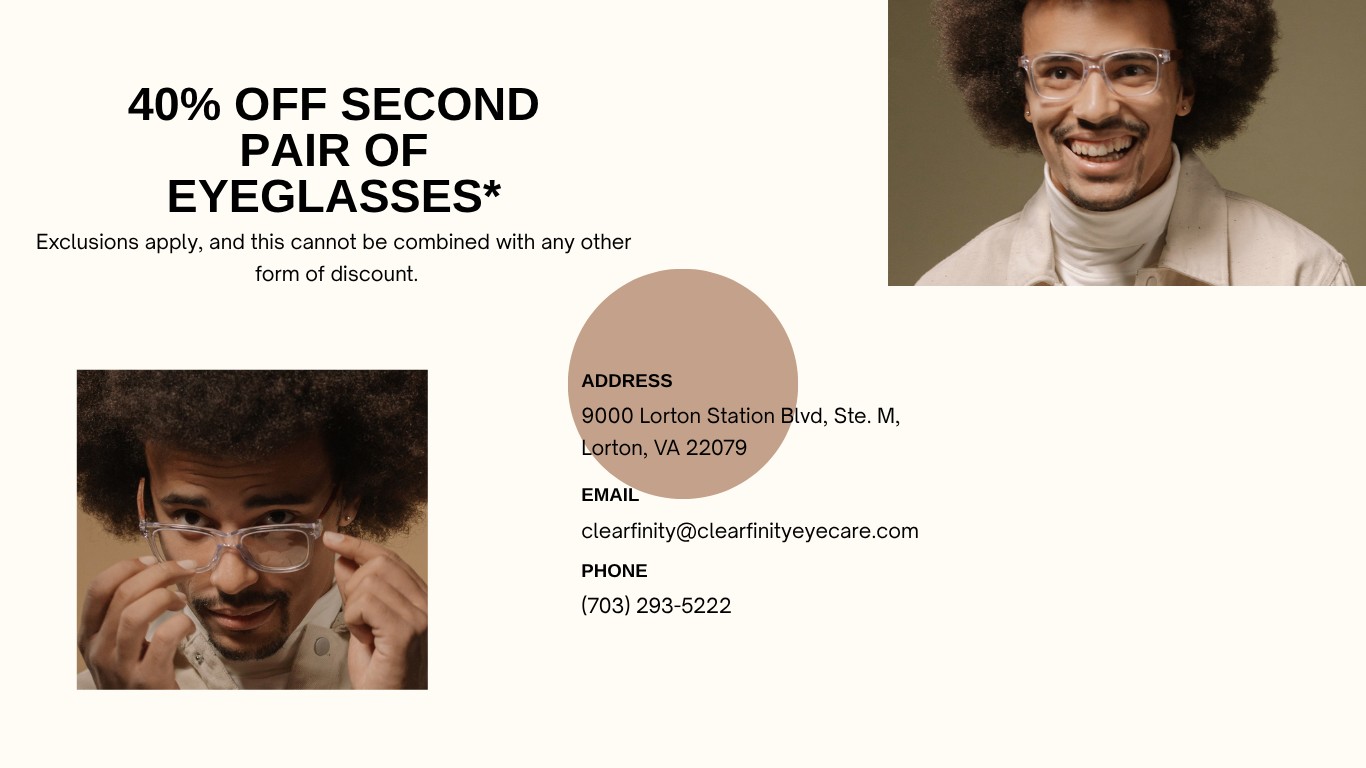
Your eyes are composed of several intricate structures, including the cornea, iris, lens, retina, and optic nerve, each playing a vital role in the process of vision. Any disruption or dysfunction in these structures can lead to various eye disorders, each with its own unique set of symptoms. Understanding the signs and symptoms of common eye disorders is crucial for early detection and timely treatment, which can help preserve your vision and prevent further complications.
Common Eye Disorders and Their Signs
Age-Related Macular Degeneration (AMD)
Age-related macular degeneration (AMD) is a leading cause of vision loss in older adults. This condition affects the macula, the part of the eye responsible for central and detailed vision. The early signs of AMD may include:
Blurred or distorted central vision
Difficulty recognizing faces or reading
Increased sensitivity to glare or bright lights
Reduced color perception
Sudden or gradual vision loss in one or both eyes
Cataracts
Cataracts are another common eye disorder characterized by the clouding of the eye's lens, which can lead to progressive vision impairment. The primary signs of cataracts include:
Blurred or cloudy vision
Increased sensitivity to glare or bright lights
Difficulty seeing at night or in low-light conditions
Double vision or multiple images in one eye
Frequent changes in eyeglass or contact lens prescriptions
Diabetic Retinopathy
Diabetic retinopathy is a complication of diabetes that affects the blood vessels in the retina, the light-sensitive tissue at the back of the eye. The early signs of diabetic retinopathy may include:
Blurred or fluctuating vision
Increased sensitivity to glare or bright lights
Difficulty seeing at night or in low-light conditions
Floaters or dark spots in your vision
Difficulty with color perception
Dry Eye Syndrome
Dry eye syndrome is a condition characterized by a lack of adequate tear production or poor tear quality, leading to discomfort and vision problems. The common signs of dry eye syndrome include:
Persistent feelings of dryness, irritation, or burning in the eyes
Redness or inflammation of the eyes
Sensitivity to light or wind
Blurred vision or eye fatigue
Difficulty wearing contact lenses
The Importance of Regular Eye Exams for Early Detection and Treatment
Regular eye exams are crucial for the early detection and timely treatment of common eye disorders. During these examinations, your optometrist can identify any underlying issues and provide appropriate treatment or management strategies to help preserve your vision and prevent further complications.
By being proactive and scheduling regular eye exams, you can take an active role in maintaining your eye health and addressing any concerns before they become more severe. These exams not only help detect eye disorders but also provide an opportunity to discuss any changes or concerns you may have regarding your vision.
Preventive Measures for Maintaining Healthy Eyes
In addition to regular eye exams, there are several proactive steps you can take to help maintain the health of your eyes:
1. Eat a balanced, nutrient-rich diet: Incorporate foods rich in eye-friendly nutrients like lutein, zeaxanthin, and omega-3 fatty acids to support eye health.
2. Protect your eyes from UV exposure: Wear sunglasses or hats with wide brims when spending time outdoors to shield your eyes from harmful UV rays.
3. Quit smoking: Smoking is a significant risk factor for several eye disorders, including cataracts and macular degeneration.
4. Manage underlying health conditions: If you have diabetes, high blood pressure, or other chronic conditions, work closely with your doctor to keep them under control, as they can impact your eye health.
Schedule Your Comprehensive Eye Exam with Clearfinity Eyecare Optometrist Today
By understanding the common signs of eye disorders and taking steps to maintain your eye health, you can help preserve your vision and enjoy a lifetime of clear, vibrant sight. Remember to schedule regular eye exams and consult with your optometrist if you notice any changes or concerns regarding your vision.
If you're concerned about your eye health or want to schedule a comprehensive eye exam, reach out to Clearfinity Eyecare Optometrist. Our optometrists are committed to providing personalized care and helping you maintain optimal vision and eye health. Visit our office in Lorton, Virginia, or call (703) 260-9908 to book an appointment today.











